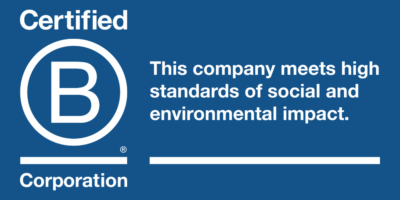Marketwatch. August 24, 2021
The Intergovernmental Panel on Climate Change issued a stark warning this month that human-led warming from burning of fossil fuels is causing climate change and removing carbon emissions will cause warming to cease.
That makes transitioning to renewable energy like solar power even more urgent. However, reports that China forced Uyghurs to work in labor camps to manufacture the key ingredients in solar panels puts socially responsible investors in an uncomfortable position between weighing preventing climate catastrophe and supporting human rights.
Further, human-rights advocates pushing for better treatment of the ethnic group were inadvertently handed a setback with the U.S.’s withdrawal from Afghanistan. Now that the Taliban have regained control of Afghanistan, China may have heightened concerns of renewed militancy in central Asia, which is near Xinjiang, home to the Uyghurs, who are Muslims, a religious minority in China.
All of this underscores the limits to investing according to environmental, social and governance principles. Global supply chains are often murky and opaque, as many clothing manufacturers have learned. Some issues can best be tackled by governments rather than gaining board seats or otherwise influencing company strategy. In the best-case scenarios, change can take years, but sometimes change never comes despite activists’ efforts. And ESG proponents regularly must weigh competing concerns, in this case environmental and labor interests, and decide where they can have the most influence.
The labor allegations in China
While concerns that Uyghurs worked in forced labor camps were around for several years, a report from Sheffield Hallam University earlier this year uncovered a connection to the solar industry. The report, “In Broad Daylight: Uyghur Forced Labor and Global Solar Supply Chains,” detailed accusations that the Chinese government put millions of indigenous Uyghur and Kazakh citizens from the Xinjiang region into labor camps to mine polysilicon, a key material in panel manufacturing.








